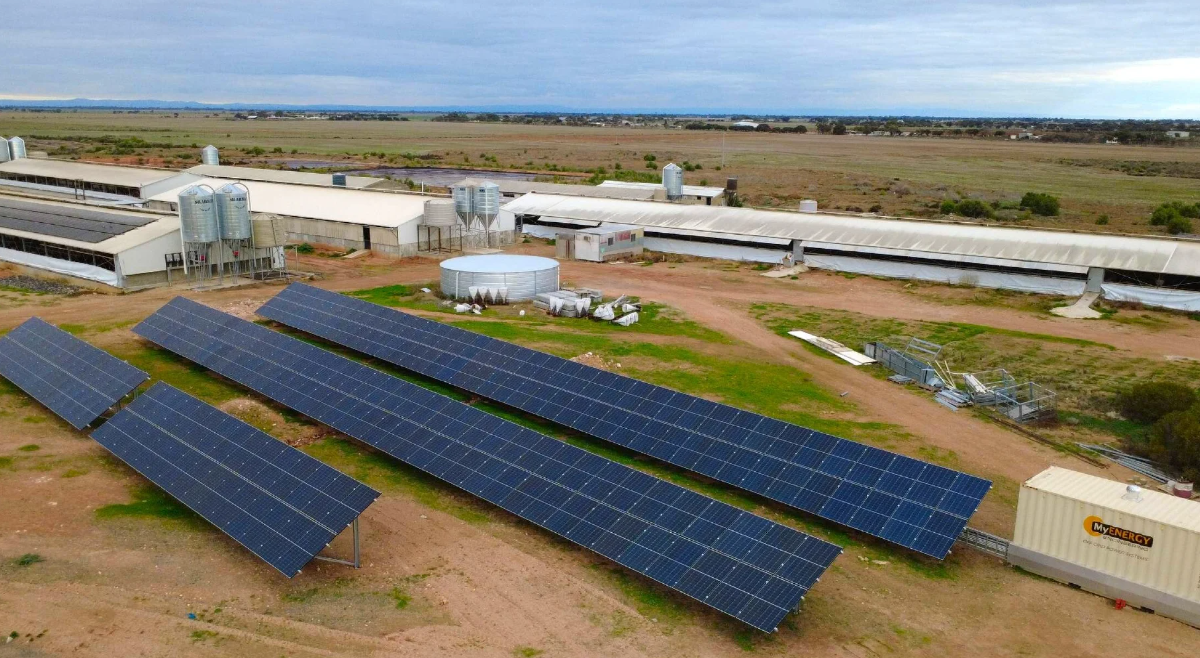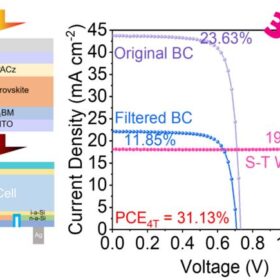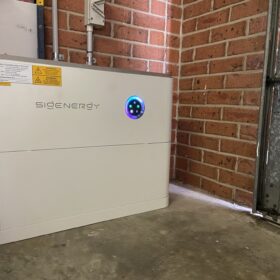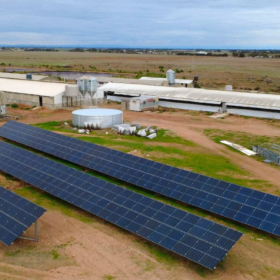New Zealand government-backed energy generator and retailer Genesis Energy has started building a 100 MW / 200 MWh battery energy storage system alongside the 1.2 GW coal- and gas-fired Huntly Power Station in the Waikato district.
The almost $140 million (NZD 150 million) battery project, which is scheduled to be operational by late 2026, is the first phase of a planned multi-stage development that is expected to deliver up to 400 MW / 800 MWh of energy storage capacity at the site, about 100 kilometres south of Auckland.
Genesis Chief Executive Malcolm Johns said the initial 100 MW battery will have the capacity to power the equivalent of about 60,000 homes for two hours, helping to ease peak demand and build a more resilient energy grid.
“The project will provide essential back-up to the national grid during times of peak demand, such as cold winter mornings and evenings,” he said. “We’ll be able to store electricity in the battery during times of high generation and release it when it’s most needed.”
“Huntly is evolving as it plays a critical role in backing up the electricity system through the renewable transition, providing flexible power when hydro lakes are low, the sun doesn’t shine and the wind doesn’t blow.”
French energy giant TotalEnergies’ subsidiary Saft will engineer the 100 MW / 200 MWh Huntly battery as a complete turnkey solution based on 70 of its Intensium Shift+ lithium-ion battery containers combined with power conversion and control systems.
The battery will be connected to the national grid directly from the Transpower sub-station at the Huntly site.
“This connection made Huntly ideal for installing a grid-scale battery, along with its location close to the high-demand centres of Hamilton, Auckland and Tauranga,” Johns said.
“As New Zealand’s electricity supply becomes more renewable and subject to weather, this battery will help smooth out fluctuations in supply, ensuring supply remains reliable and secure.”
The Huntley battery project is part of Genesis’ Gen35 strategy that aims to transition the company’s generation fleet to 95% renewables by 2025.
Genesis, which recently commissioned the 47 MW Lauriston Solar Farm on the nation’s South Island, has outlined plans to invest about $1.1 billion to build new renewable generation and battery storage.
New Zealand Energy Minister Simon Watts said the start of construction at Huntley marks a significant step towards a more resilient and efficient grid with grid-scale batteries to play a key role in the country’s future electricity market.
“Grid-scale batteries are pivotal for enhancing our energy security and affordability,” he said. “By integrating grid-scale batteries, we can reduce energy price volatility, decrease reliance on fossil fuels, and pave the way for a sustainable and resilient energy future.”
New Zealand welcomed its first utility-scale battery energy storage system to the grid last year when electricity distribution company WEL Networks flicked the switch on its 35 MW / 35 MWh Rotohiko battery energy storage system, also at Huntley.
The second was officially launched late last month with Meridian Energy announcing that commissioning of its 100 MW / 200 MWh Ruakākā battery energy storage system, about 150 km north of Auckland, has been completed.
This content is protected by copyright and may not be reused. If you want to cooperate with us and would like to reuse some of our content, please contact: editors@pv-magazine.com.









In this news piece, Genesis Energy launches a 100 MW/200 MWh battery build at Huntly, marking a key step in NZ’s transition from thermal generation.